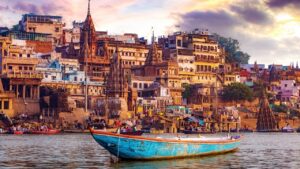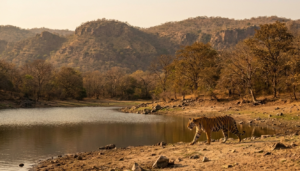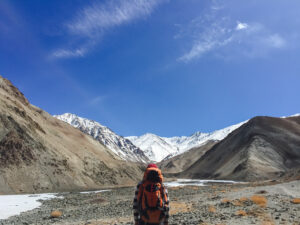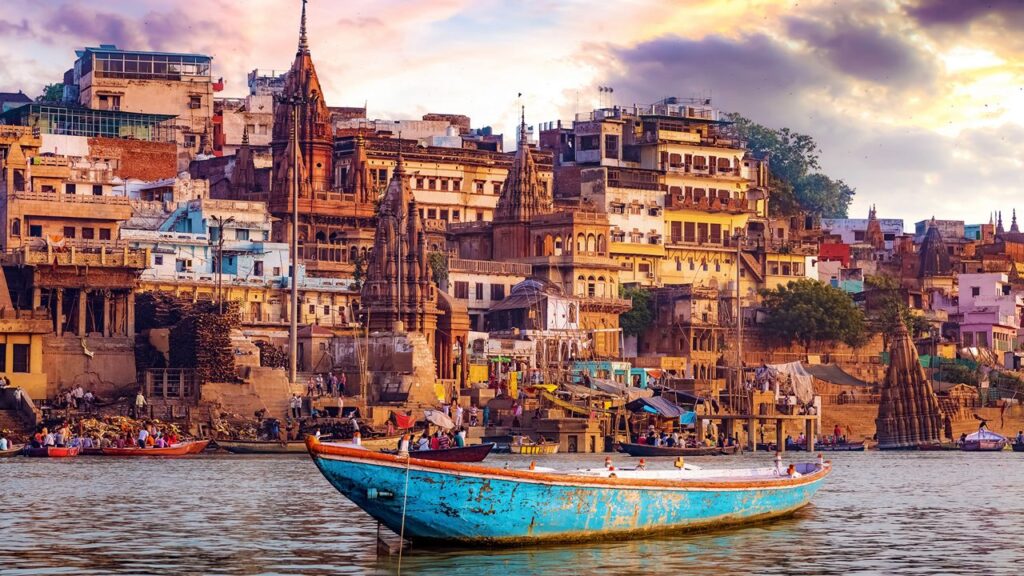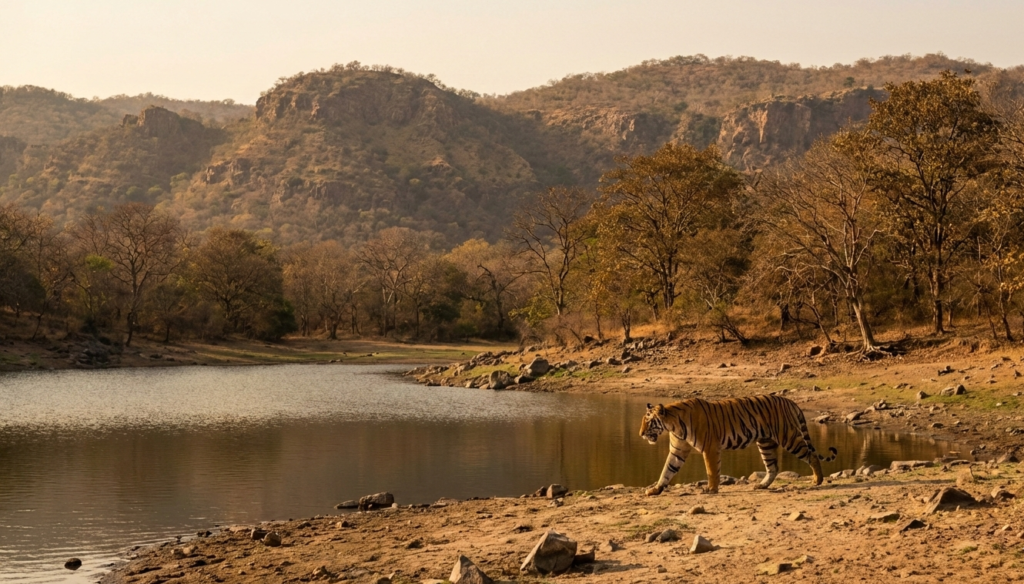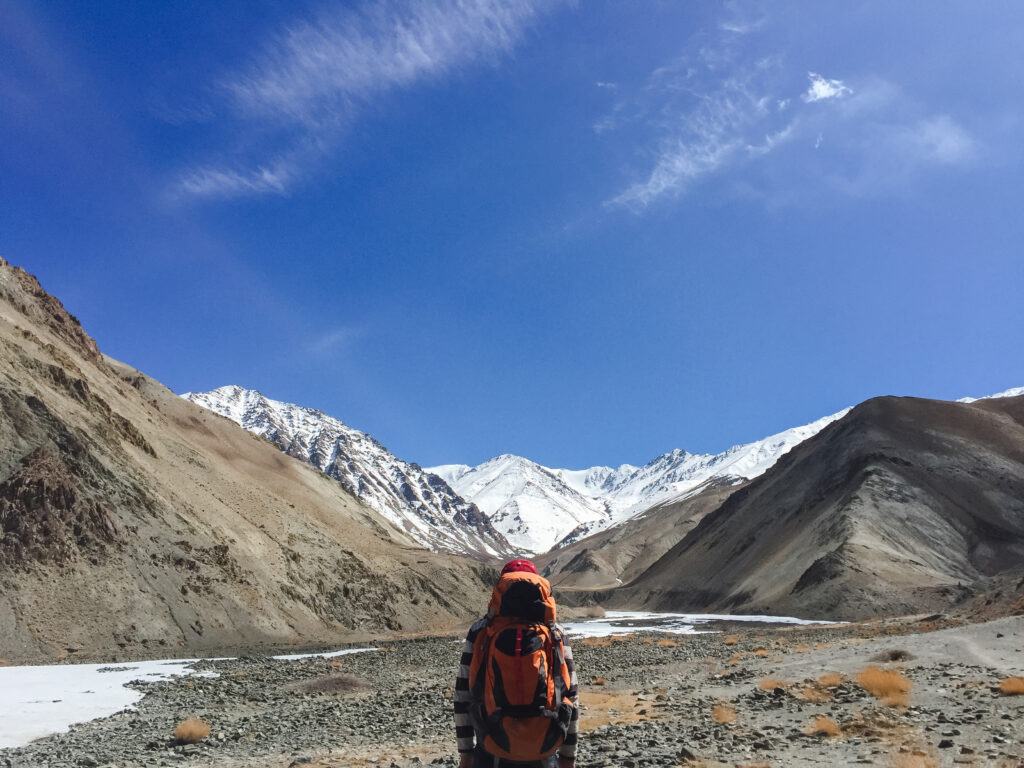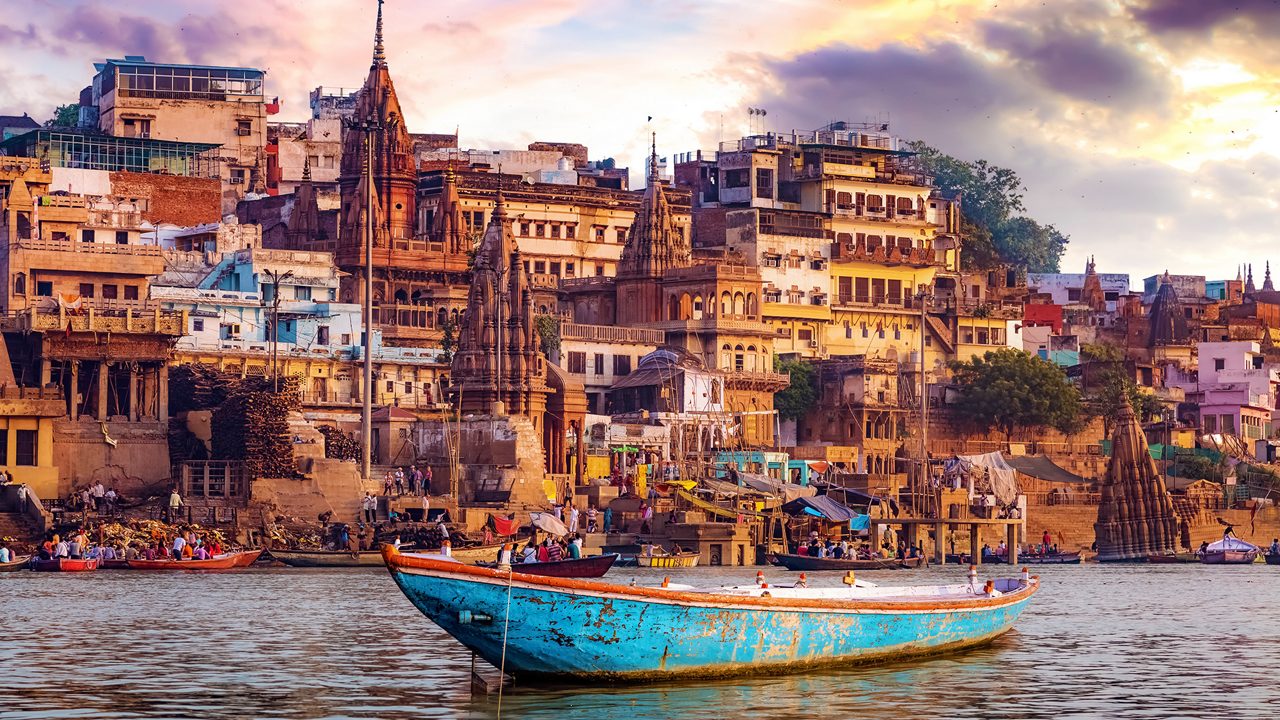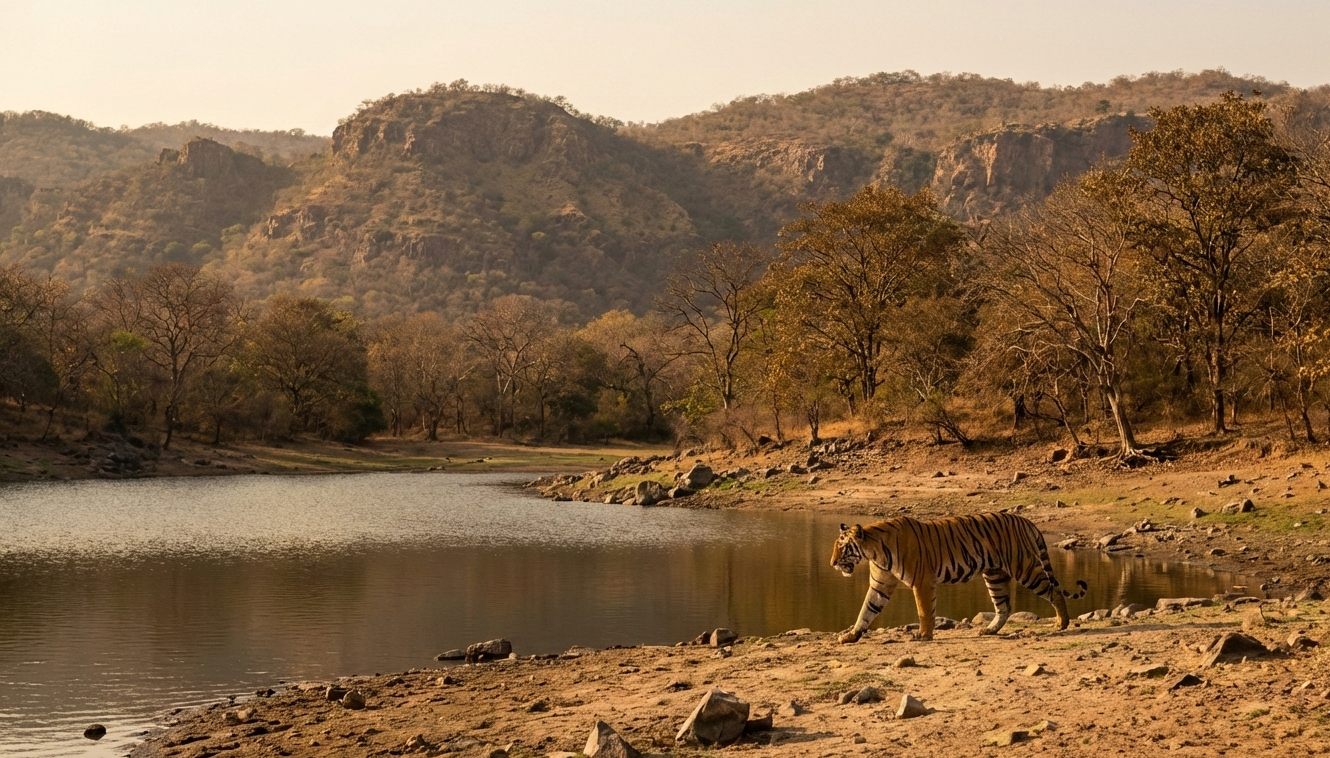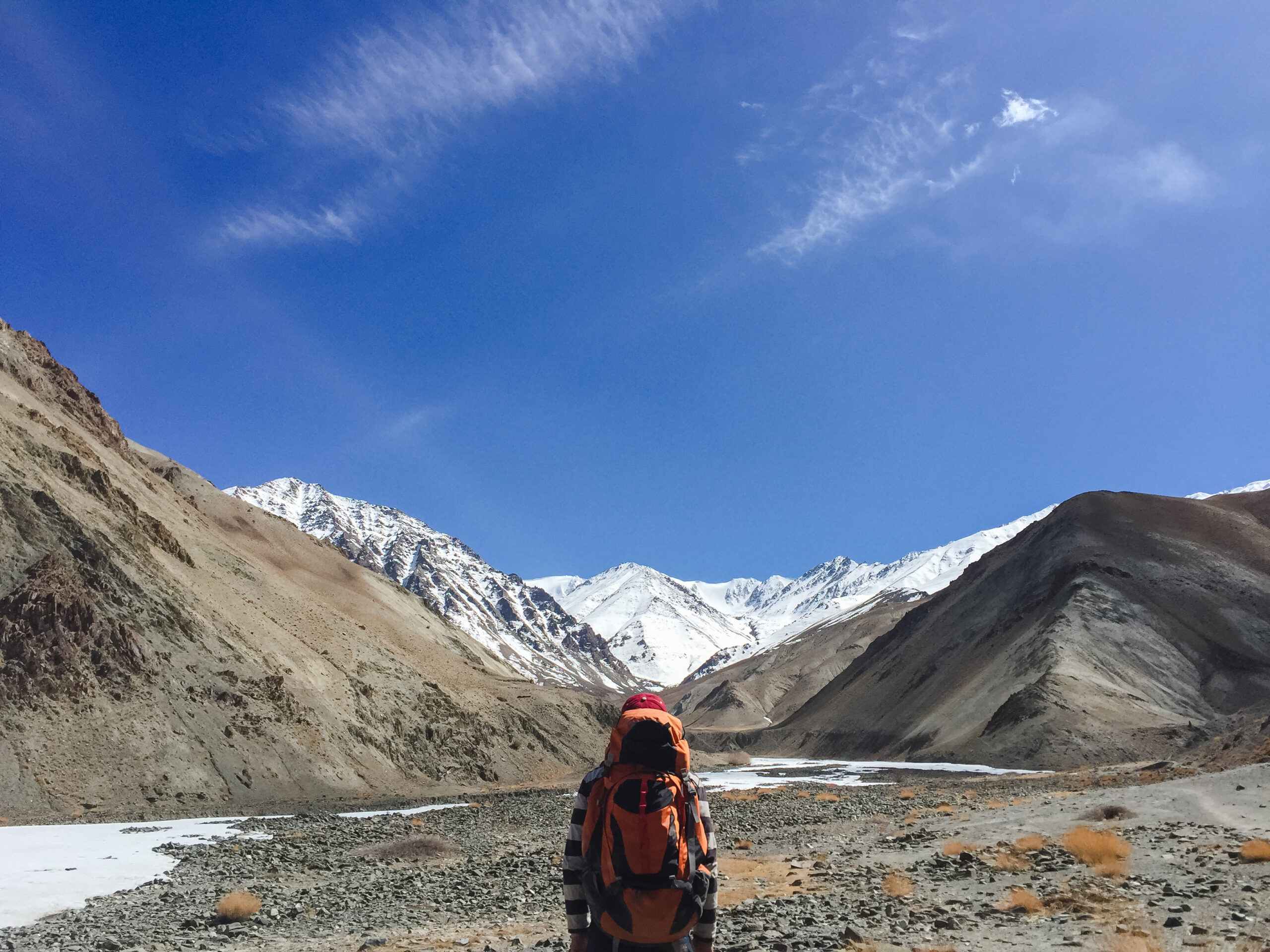This is where India travel tips become crucial: providing travelers with the keys to an unforgettable experience, while avoiding the difficulties that can arise when exploring a culture so different from their own.
India travel tips, therefore, prove to be an essential compass for those who wish to fully immerse themselves in all that India has to offer.
This article will outline five essential tips for traveling to India, addressing crucial aspects such as choosing the itinerary best suited to your expectations, preparing for India’s cultural impact, essential health and safety tips to consider, guides on how to effectively explore the country, and finally, tips for shopping and avoiding scams.
Each section is designed to harmonize the reader’s journey, providing in-depth and practical travel advice aimed at turning every moment in India into a precious and extraordinary memory.
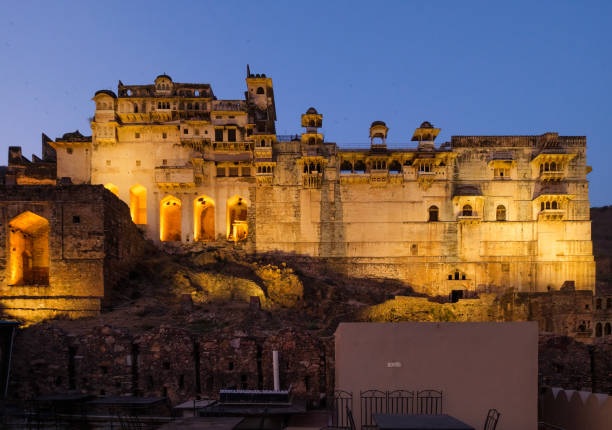
Explore new destinations with Travel the World at affordable prices!
Table of Contents:
- How to choose the right itinerary?
- Prepare for the cultural impact
- Health and safety tips
- How to get around India?
- Shopping tips and avoiding scams
- Conclusion
- FAQs about India travel tips
1- How to choose the right itinerary?
North vs. South India
When planning a trip to India, it’s crucial to decide between the historical charm of the North and the natural tranquility of the South. North India is famous for its impressive architectural structures, such as the Taj Mahal in Agra, and the colorful cities of Rajasthan, including Jaipur and Jodhpur.
This region offers an immersion in local traditions and authentic villages. On the other hand, South India is known for its pristine nature, with places like Kerala, which offers relaxing experiences among lagoons and tea plantations, and magnificent temples such as those in Mahabalipuram and Hampi.
Best places to visit
- Taj Mahal, Agra: A symbol of eternal love, it is a must-see for anyone visiting India.
- Udaipur: Known as the Venice of the East, it offers breathtaking views with its luxurious palaces and lakes.
- Varanasi: Offers a profound spiritual experience along the banks of the Ganges.
- Ajanta Caves: These historic caves feature well-preserved sculptures and paintings.
- Kerala: Famous for its backwaters, it is ideal for those seeking a relaxing vacation surrounded by nature.
Each location offers a unique perspective on India, not to be missed to understand the country’s cultural and natural richness.
2- Prepare for the cultural impact
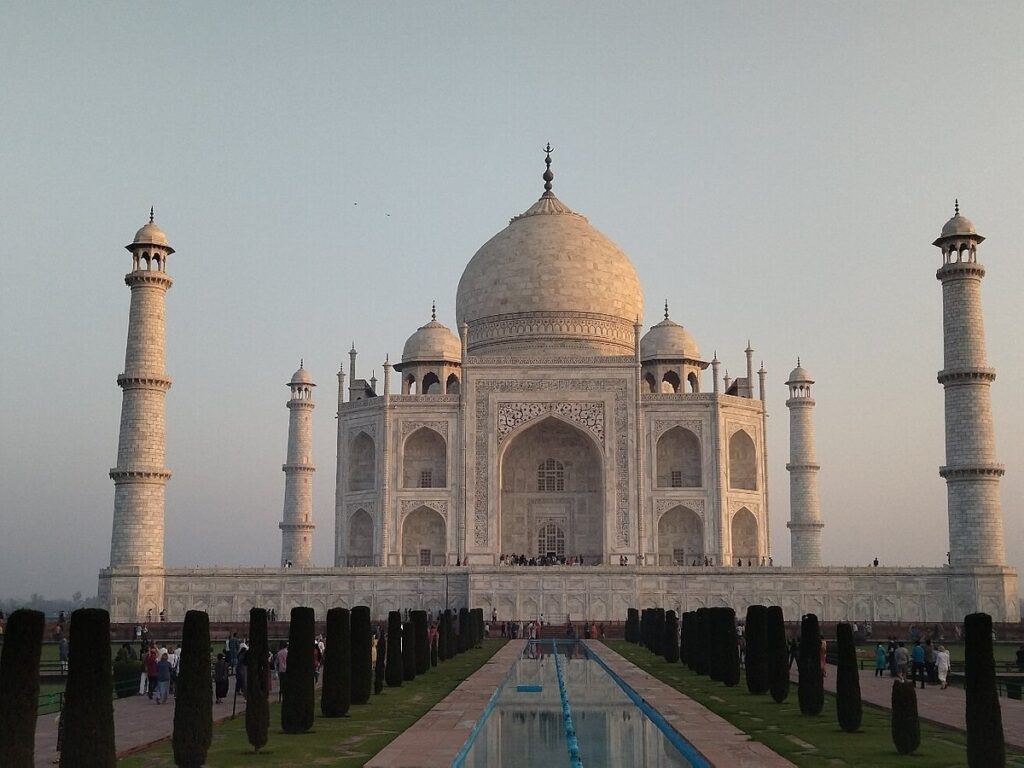
What to expect
India has an extremely rich and diverse cultural landscape, imbued with a profound spirituality and ancient traditions that influence every aspect of daily life.
Travelers should prepare for an initial impact with the chaos of large urban centers, where traffic and population density can be overwhelming.
It is essential to pay particular attention to your belongings in crowded places like airports, stations, and markets, where petty crime is common.
Adapting to cultural diversity and crowds requires open-mindedness and tolerance.
Visitors should show respect for local faiths and denominations by observing prohibitions and customs, especially in places of worship. It’s also important to dress appropriately in such settings.
Managing crowds involves getting used to sharing small spaces, an experience that can range from fun to claustrophobic. Tolerance and mutual respect are essential to enjoying your India experience without incident.
3- Health and Safety Tips
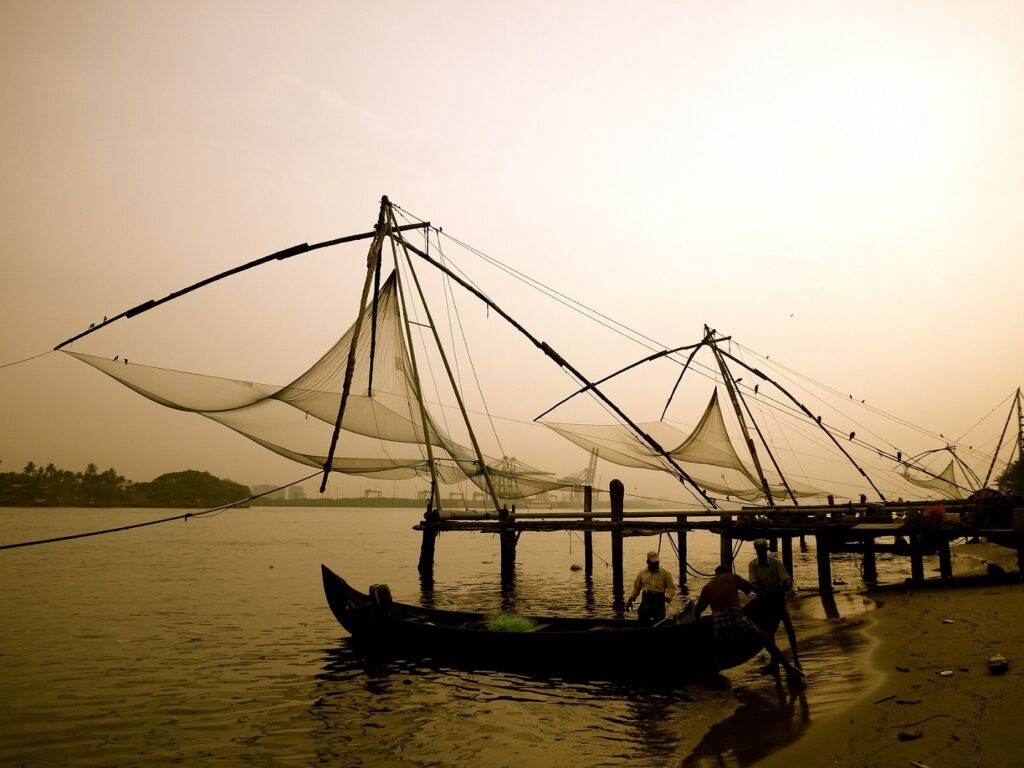
Safe Food
- Avoid tap water: It’s essential not to drink tap water and avoid using it for brushing your teeth or preparing food and drinks.
- Prefer cooked and hot foods: Eat well-cooked foods served hot, especially meat and fish, to reduce the risk of foodborne illnesses.
- Safe fruits and vegetables: Limit your consumption to fruits that you can peel yourself, such as bananas and mangoes, to avoid contamination.
- Beware of street vendors: If you decide to try street food, choose vendors who demonstrate a high level of cleanliness and serve food at high temperatures.
Health precautions
- Vaccinations: Consult a doctor to discuss recommended and mandatory vaccinations, such as yellow fever for travelers from at-risk areas.
- Mosquito protection: Use insect repellent and sleep in areas protected by mosquito nets to prevent diseases such as malaria, dengue, and Zika.
- Health insurance: Ensure you have travel insurance that covers any medical expenses and repatriation, given the inadequate medical facilities in some regions.
- Personal hygiene: Maintain high standards of personal hygiene, washing your hands frequently and using antibacterial gel, especially after visiting crowded places or using public transportation.
4- How to get around India?
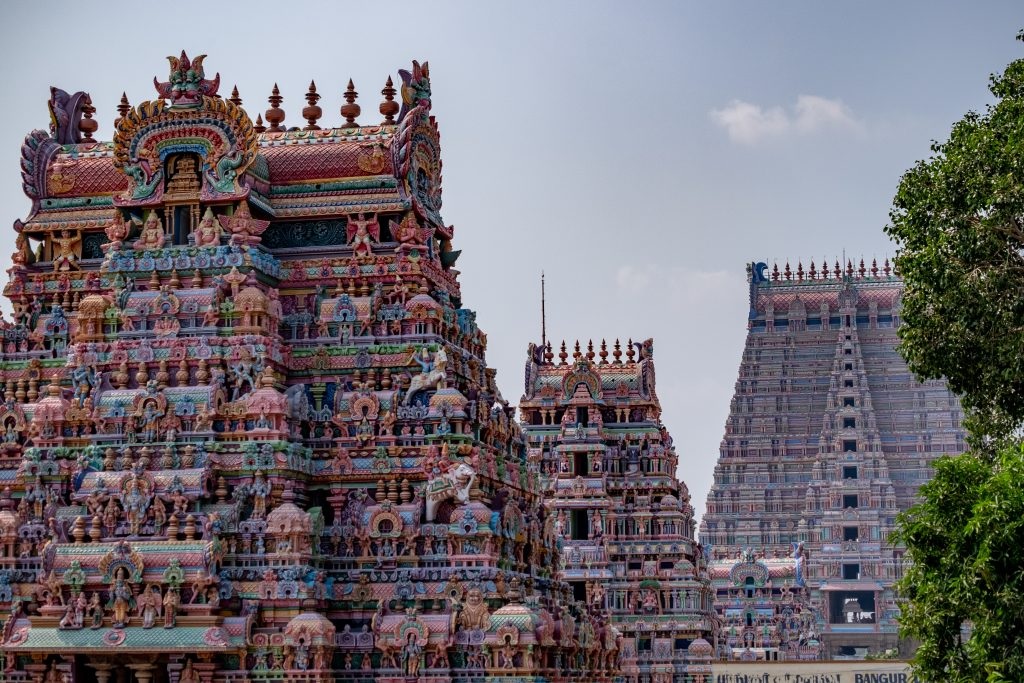
Local transportation
In India, the main modes of transportation include trains, buses, autorickshaws, and cycle rickshaws. Each city offers different options, suitable for both long distances and urban travel. Trains are a popular choice for longer journeys, thanks to the extensive network covering almost the entire country.
For shorter distances, autorickshaws and cycle rickshaws offer a cost-effective and immersive way to navigate city traffic, although they are less comfortable than taxis.
Tips for safe travel
Traveling in India requires caution, especially in terms of personal safety and compliance with local regulations. It is advisable to book transportation through reputable agencies to avoid scams and inconveniences. Furthermore, wearing modest and culturally appropriate clothing can prevent unpleasant situations.
It is also important to avoid traveling at night in remote or lesser-known areas, especially for solo travelers or women. Using dedicated transport, such as women-only carriages on trains, can offer an additional level of safety while traveling.
5- Shopping Tips and Avoiding Scams
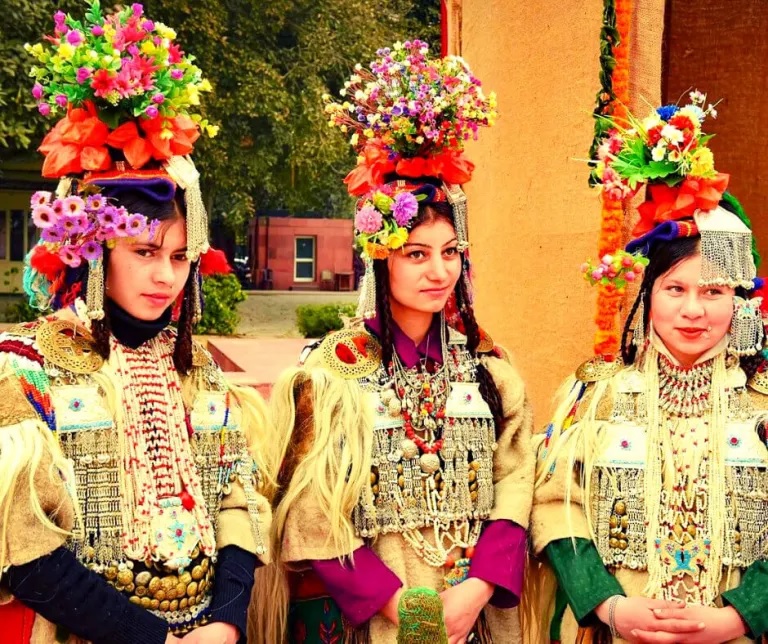
What to Buy?
India offers an extraordinary variety of handcrafted goods that reflect its rich history and culture. Must-see treasures include the embroidered fabrics of Rajasthan, the silk saris of Varanasi, and the contemporary art of Mumbai.
India travel tips and buying directly from local producers or cooperatives not only guarantees the authenticity of the products but also supports local traditions and talents.
Furthermore, it’s advisable to take the time to evaluate the authenticity of the items, learn about the materials and techniques used, and be wary of imitations.
How to Avoid Scams and Deceptions
When shopping in India, it’s essential to be vigilant to avoid scams. Don’t open emails from unknown senders and be wary of free coupons and giveaways, which are often used by scammers.
Avoid public places with free Wi-Fi when shopping online, as the poor security of public Wi-Fi networks can expose you to risks. Using a prepaid credit card can limit the damage in the event of data theft. Finally, it’s helpful to register on the Federal Trade Commission website to receive updates on the latest scams and protect your identity while shopping online.
6- Conclusion
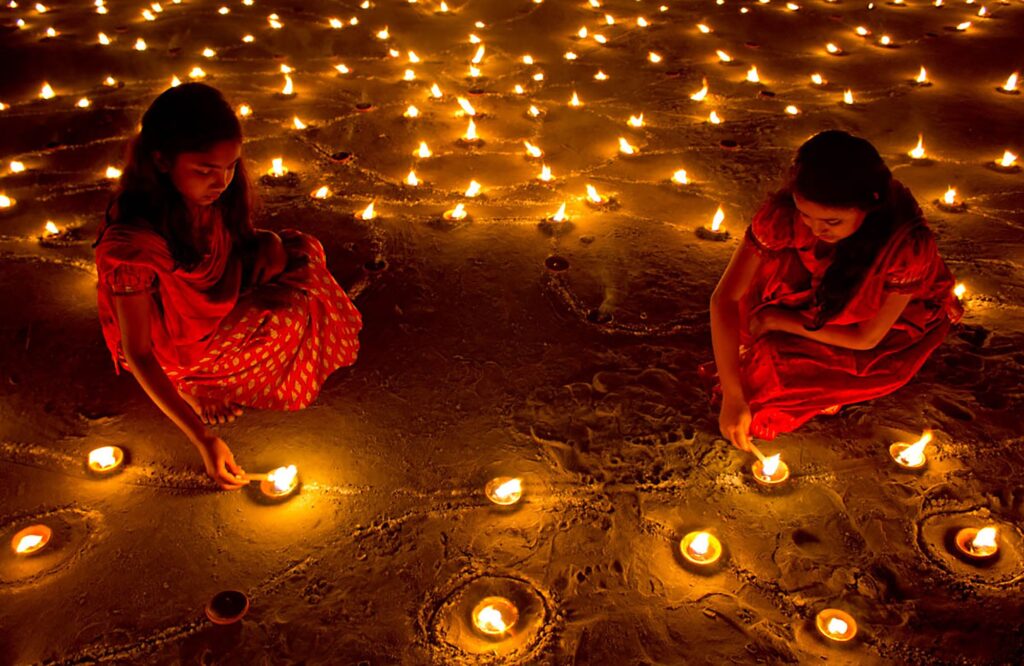
Traveling through India’s vast cultural, historical, and natural landscape remains an enriching and complex experience, requiring careful preparation and a deep understanding of the local context.
The India travel tips provided in this article, from initial itinerary selection to managing cultural impacts, from health and safety precautions to tips for safe travel and shopping, are intended to equip travelers with the essential knowledge to navigate the challenges and maximize the pleasure of discovery.
India, with its infinite variety and contrasts, offers much more than one might imagine. By remembering to approach this land with respect, curiosity, and openness, one can expect to return home with lasting memories and an enriched sense of global connection.
As this journey through words concludes, we hope that India’s doors will open wider for those who embark on their journey of discovery, armed with these tips.
7- FAQs about India travel tips
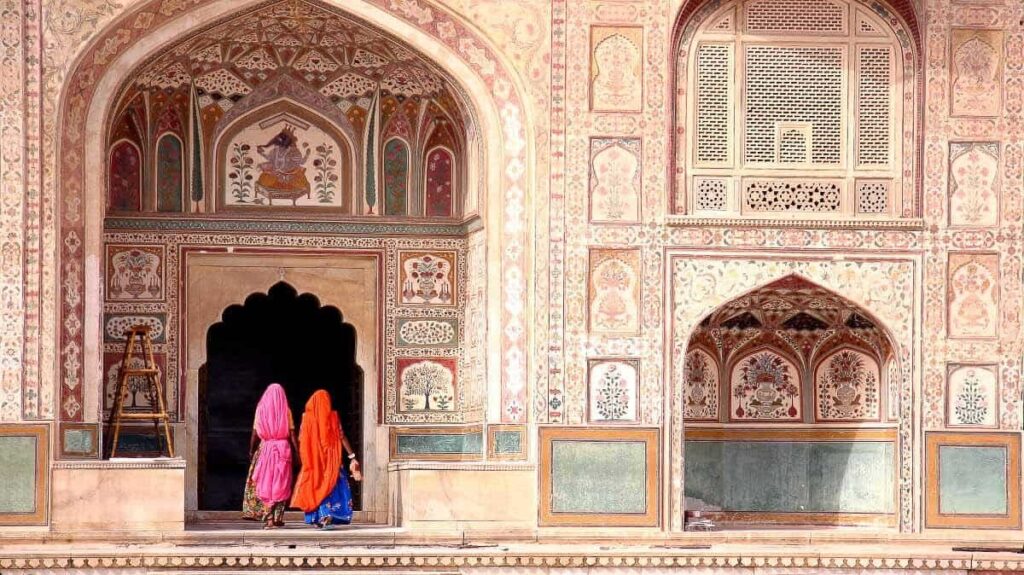
1- What are the main attractions to visit in India?
India is a country full of charm and mystery, with many must-see attractions. These include the Taj Mahal in Agra, one of the Seven Wonders of the World, the Andaman and Nicobar Islands, the sacred city of Varanasi along the Ganges River, the ancient caves of Ellora and Ajanta, and Mehrangarh Fort in Jodhpur, known as the Blue City.
2- What precautions should I take when visiting India?
It is advisable to exercise particular caution in densely populated urban areas, tourist spots, and markets, which are often targets for pickpockets. It is also important to be vigilant on public transportation and at train stations, where theft, sexual crimes, and harassment can occur.
3- How can I avoid getting sick during my trip to India?
To reduce the risk of illness, it’s important to practice good hygiene, such as washing your hands thoroughly and frequently. It’s also essential to drink water only from sealed bottles to avoid contamination.
4- What are the requirements for entering India?
To visit India, you must obtain an entry visa. This is required for short stays (less than 90 days) for tourism, business, or medical purposes. Make sure your passport has at least six months of validity remaining from the date of submission of the visa application and that there are at least two blank pages available for stamps.

